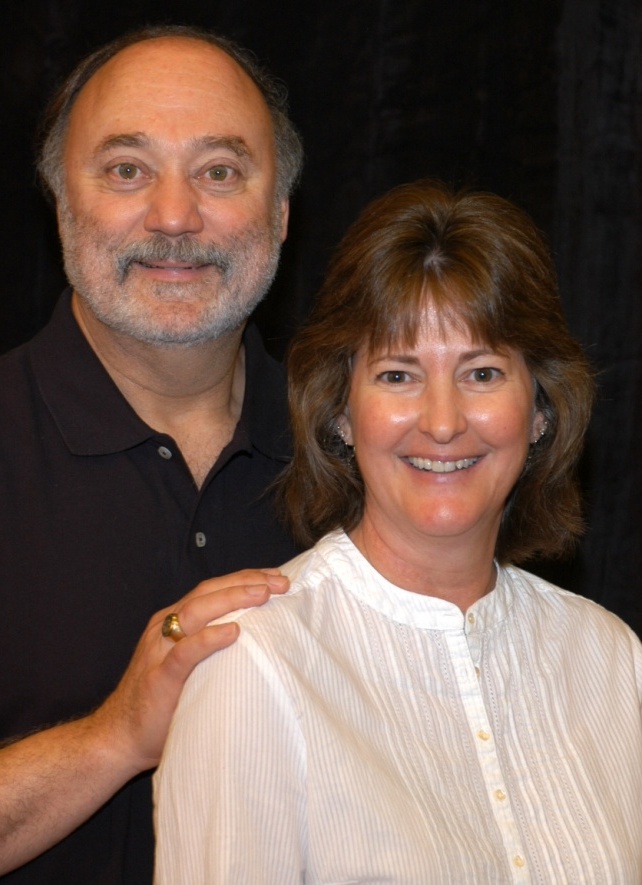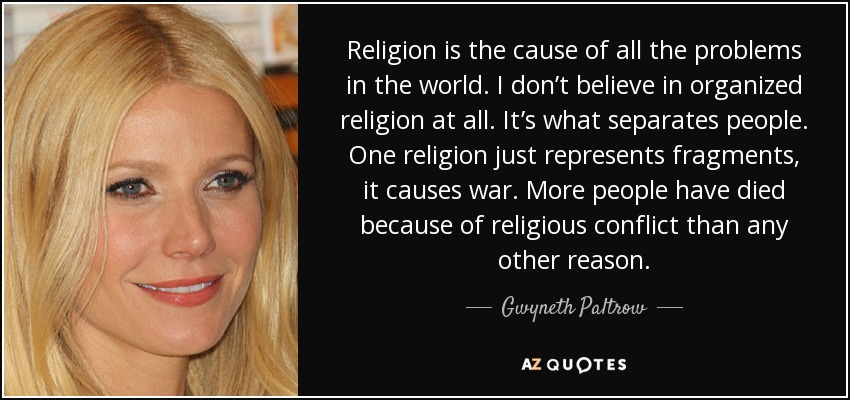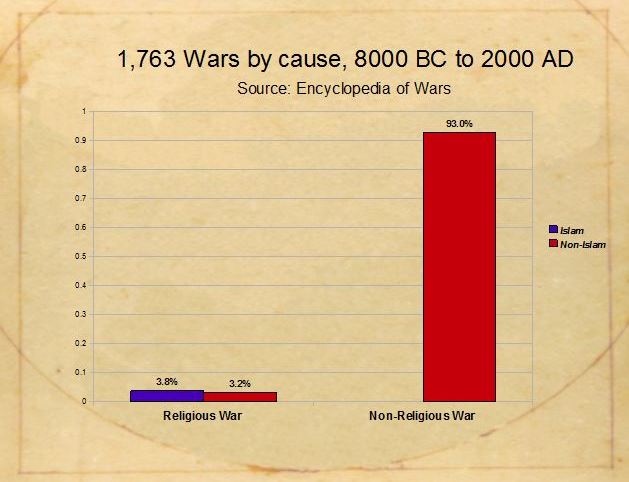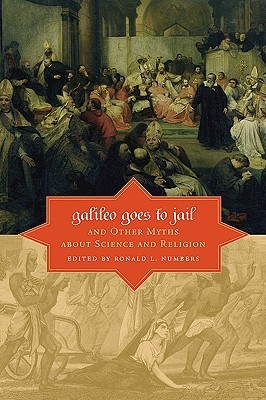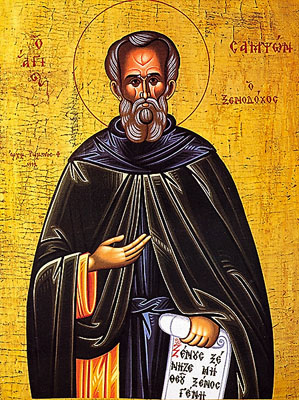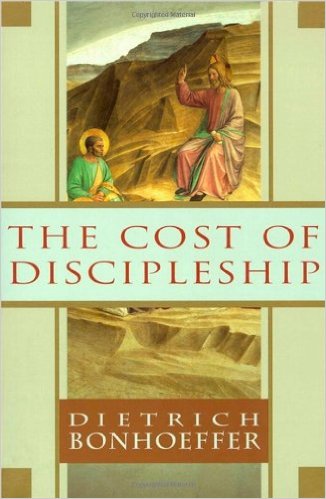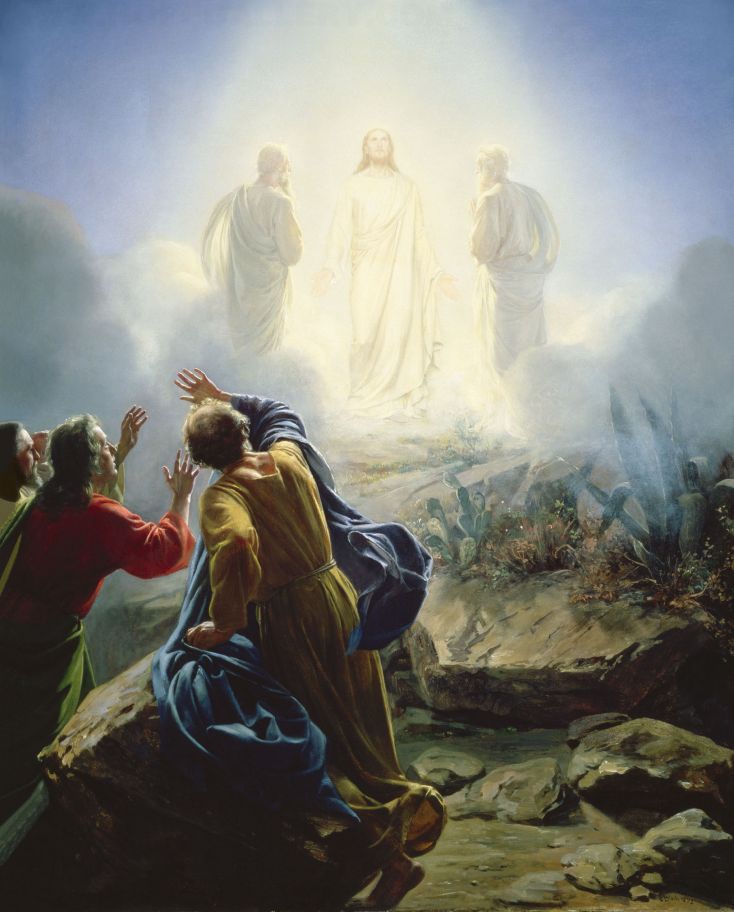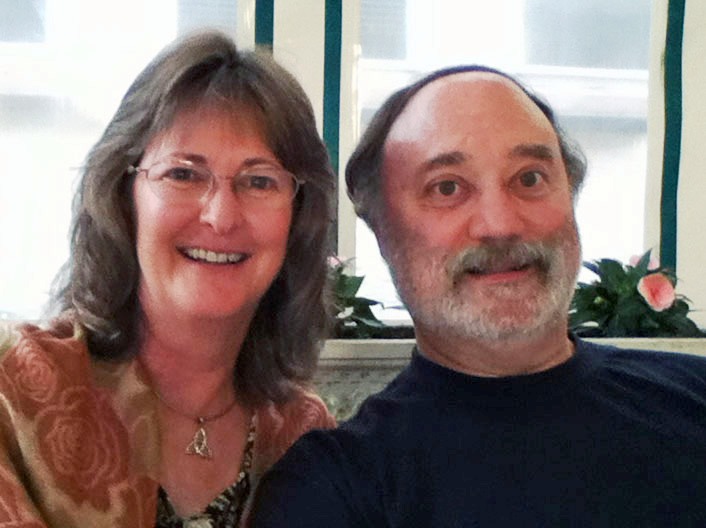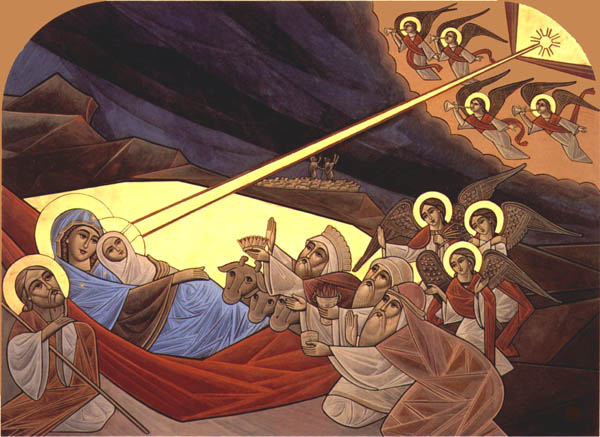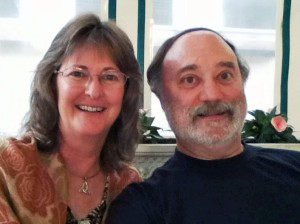Dear Brothers and Sisters,
 It was a sunny day in winter—the kind you wish for in Chicago where I grew up. I was about four years old at the time and my mom decided I should put on short pants and go outside to play.
It was a sunny day in winter—the kind you wish for in Chicago where I grew up. I was about four years old at the time and my mom decided I should put on short pants and go outside to play.
As a kid, I hated short pants and so I argued and protested, telling my mother, “I won’t wear those pants!” But she was in charge, so I ended up wearing the short pants, but refused to go outside and play. That didn’t go off too well either! I don’t remember the details except that, in anger, I told her I didn’t love her and was going to run away from home. I ended up hiding in our garage until almost dinnertime and then decided I’d better go back inside before my dad got home. I recall that when I went back in, my mom said she had prayed for me to not get too lost and to come home. And then she told me that she loved me, even though I might not love her. By the time my dad got home from work and dinner was served, the whole incident was forgotten. Recently, I mentioned it to my mom and she had no recollection of the incident, though she quickly added that she still loves me.
My mom’s assurance of love warmed my heart. Though I never doubted her love, just hearing those words was affirming and made me stop and think of all the things she has done for me over the years. I can honestly say I love my mom because she first loved me. She loved me before I was born. I’m also reminded that I was loved even before she loved me.

(used with artist’s permission)
God reassures us that he has loved each of us from “before the foundation of the world” (Ephesians 1:4 NKJV). From the beginning, his plan focused on his Son becoming for us “the Lamb of God slain from the foundation of the world” (Revelation 13:8 NKJV). In reconciling love, Jesus Christ would be our “suffering Servant.” Note Isaiah’s prophecy:
He was despised and rejected by men; a man of sorrows, and acquainted with grief; and as one from whom men hide their faces he was despised, and we esteemed him not.
Surely he has borne our griefs and carried our sorrows; yet we esteemed him stricken, smitten by God, and afflicted. But he was pierced for our transgressions; he was crushed for our iniquities; upon him was the chastisement that brought us peace, and with his wounds we are healed.
All we like sheep have gone astray; we have turned—every one—to his own way; and the Lord has laid on him the iniquity of us all. He was oppressed, and he was afflicted, yet he opened not his mouth; like a lamb that is led to the slaughter, and like a sheep that before its shearers is silent, so he opened not his mouth.
By oppression and judgment he was taken away; and as for his generation, who considered that he was cut off out of the land of the living, stricken for the transgression of my people? And they made his grave with the wicked and with a rich man in his death, although he had done no violence, and there was no deceit in his mouth.
Yet it was the will of the Lord to crush him; he has put him to grief; when his soul makes an offering for guilt, he shall see his offspring; he shall prolong his days; the will of the Lord shall prosper in his hand. Out of the anguish of his soul he shall see and be satisfied; by his knowledge shall the righteous one, my servant, make many to be accounted righteous, and he shall bear their iniquities. (Isaiah 53:3-11 ESV)
All this was because of God’s love for humanity—a parental love that, determined before the world’s foundation, was revealed conclusively at the cross of Christ. Note T.F. Torrance’s comment:
This is what we believe to be the significance of the cross of Christ—in him we believe that God himself has come into the midst of our human agony and our abominable wickedness and violence in order to take all our guilt and its just judgment on himself. That is for us the meaning of the cross. If I did not believe in the cross, I could not believe in God. The cross means that while there is no explanation of evil, God himself has come into the midst of it in order to take it upon himself, to triumph over it and deliver us from it. (Preaching Christ Today, p. 28)
There is no greater love, and I know you join with me in proclaiming, Praise God!
Good Friday will soon be here. This important day in the Christian calendar (March 25 this year) reminds us of the depth of God’s love. For God so loved the world that he sent his only Son. Jesus so loved the world that he went to the cross bearing all our sin and the suffering, pain and alienation that goes with it. He went to such depths to conquer death itself and the power of evil that holds us in its grip.
Good Friday reminds us that Jesus’ death is good news for all—even for those who try to hide and run away from God, like I hid from my mom. I was a dumb little kid who tried to ignore and discount my mom’s love. I didn’t get what I wanted so I lashed out in anger and pretended she didn’t love me. It’s sad how many adults are just as foolish in pretending that God doesn’t love them. But like my mom, God loves us in spite of our foolishness. Even when we say “no” to God, he says “yes” to us. And he calls out to us all to come back to him and live in daily fellowship and communion with him as our Lord and Savior, the very source of our life.
What God has done for the whole world cannot be fully grasped in the feeble words of this short message. But what he did for us on the cross is the perfect demonstration of costly, reconciling love. On Good Friday, Jesus “tasted death” on our behalf, in order to permit us to participate in his glorious triumph. And he forgives and loves all people—even those who claim to despise him. Good Friday reminds us that we love God because he first loved us, demonstrating his love conclusively in the cross. His love is not just for those who believe—it is for all people, for all are his beloved children. I pray that this Good Friday we all will understand more deeply the truth and power of that love.
Inspired by God’s love,
Joseph Tkach
______________________________
Here are some articles you might find useful in your preparations for Holy Week:
- Gary Deddo’s articles Don’t Cry for Jesus (http://www.gci.org/jesus/dontcry) and Did You Kill Jesus Christ? (http://www.gci.org/jesus/youkill)
- GCI articles about Jesus the week before his death (http://www.gci.org/jesus/book3b)
- GCI articles about the death of Jesus (http://www.gci.org/jesus/book4)
- Michael Morrison’s article, Why Did Jesus Have to Die? (http://www.gci.org/disc/07-whydie)


